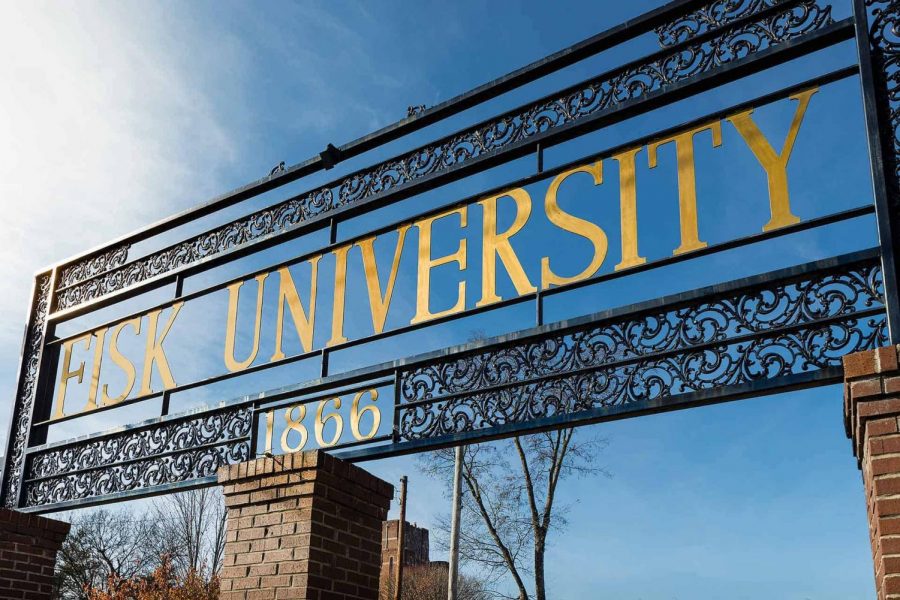A historically black college may be right for you
How do you know if a HBCU is for you?
Established before the Civil Rights Act of 1964, Historically Black Colleges and Universities (HBCUs) are universities or institutions of higher education that serve the African- American community.
There are 101 HBCs located in different parts of the United States.
So how do you know if a HBCU is for you?
Well, rst you should know that HBCUs are not just for African-Americans or black people.
All nationalities and ethnicities are welcomed and can benefit from this experience.
Cheryll Gill Riley, Executive Board member of the Howard University Alumni Club of Atlanta, Historian, and Student and Parent Advocate, can confirm this is true at Howard. “It is predominately black, but has never been exclusive unlike PWIs [Predominately White Institutions] were.”
She said they do not discriminate against people. “There is a plethora of diversity amongst people of color contrary to what people think of historically black colleges,” she said.
Riley also wanted to clear the air on some other misconceptions regarding HBCUs, “All HBCUs are not equal. Every school caters to a certain caliber of students. What’s great about HBCUs is everyone has an opportunity to earn a degree.
The incoming GPA for the freshman class at Howard is an unweighted 3.5 GPA, 1200 SAT score average out of 1600, and 25 out of 36 for ACT. At Howard the competition drives the demand. “Academically we are strong if not stronger than any school, including Harvard,” said Riley.
Other than giving you a new experience and a great education, it also is more affordable. According to the 2009 article, “Study: HBCUs Offer Low Tuition,” college members of the United Negro College Fund charge about $6,600 less than comparable institution.
The opportunity of HBCUs do not reach everyone’s ears as do other colleges. Junior Ta’maya Ross, currently college searching, has not heard much about HBCUs in her experience.
“No, I haven’t,” she said. “I haven’t heard much about HBCUs as I did other colleges. I feel HBCUs are mainly an inside thing for the black community.”
Undercoverage is partly responsible for the reason most kids don’t have HBCUs on their list of colleges. “My dad wants me to go to a HBCU,” Ta’maya said, “but I haven’t considered it.”
Michael-Ann James, a senior, had a similar response. “I have heard only of Harvard University. I never considered going to a HBCU only because the schools I really wanted to go to were not HBCUs. I don’t really hear of HBCUs often and I’ve never had any presented to me during the college process.”
HBCUs build character, are community based, and help you find your identity, especially for black or African American students. Students all around give an HBCU a chance, as you never know what that path may have in store for you.


